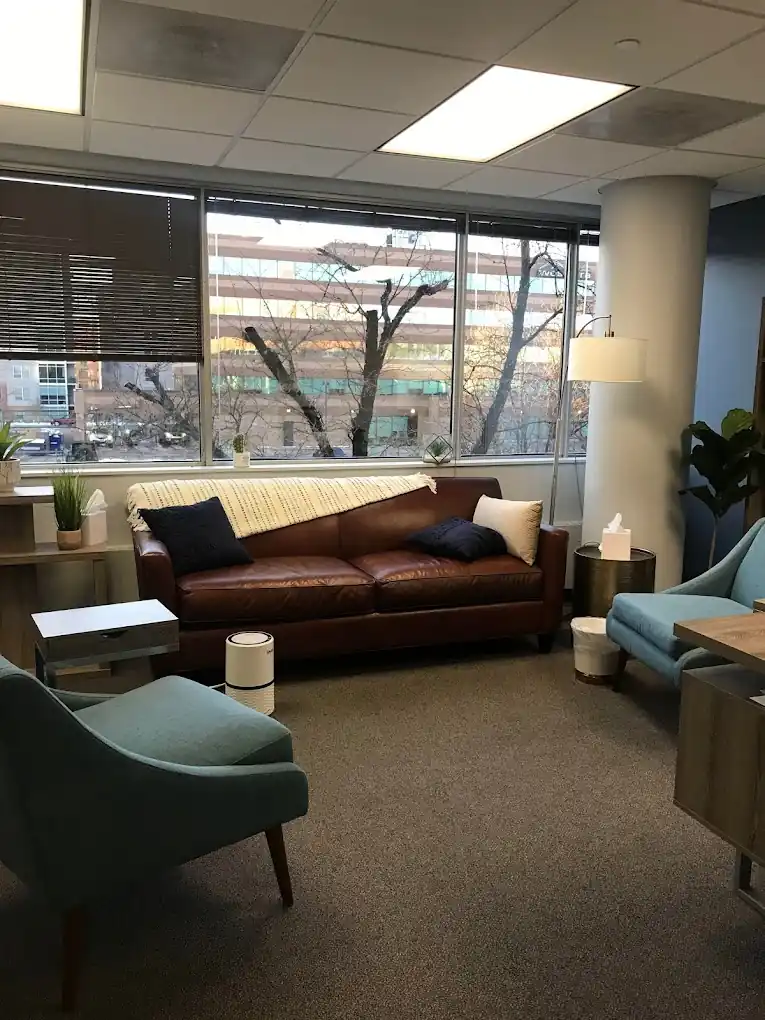You were just trying to rest. Now, you're afraid you can't sleep without it. Let's find your way back gently.
At TruPaths, we understand that sleep doesn’t come easily to everyone. For many, medications like Ambien, Lunesta, or Sonata start as a lifeline, but over time, what once offered peace can become something you depend on for sleep.
This page is here to gently educate, reduce shame, and guide you toward sleep recovery programs that prioritize your nervous system, emotional health, and long-term healing. We don’t provide treatment, but we help you find reputable, supportive recovery centers that do.








